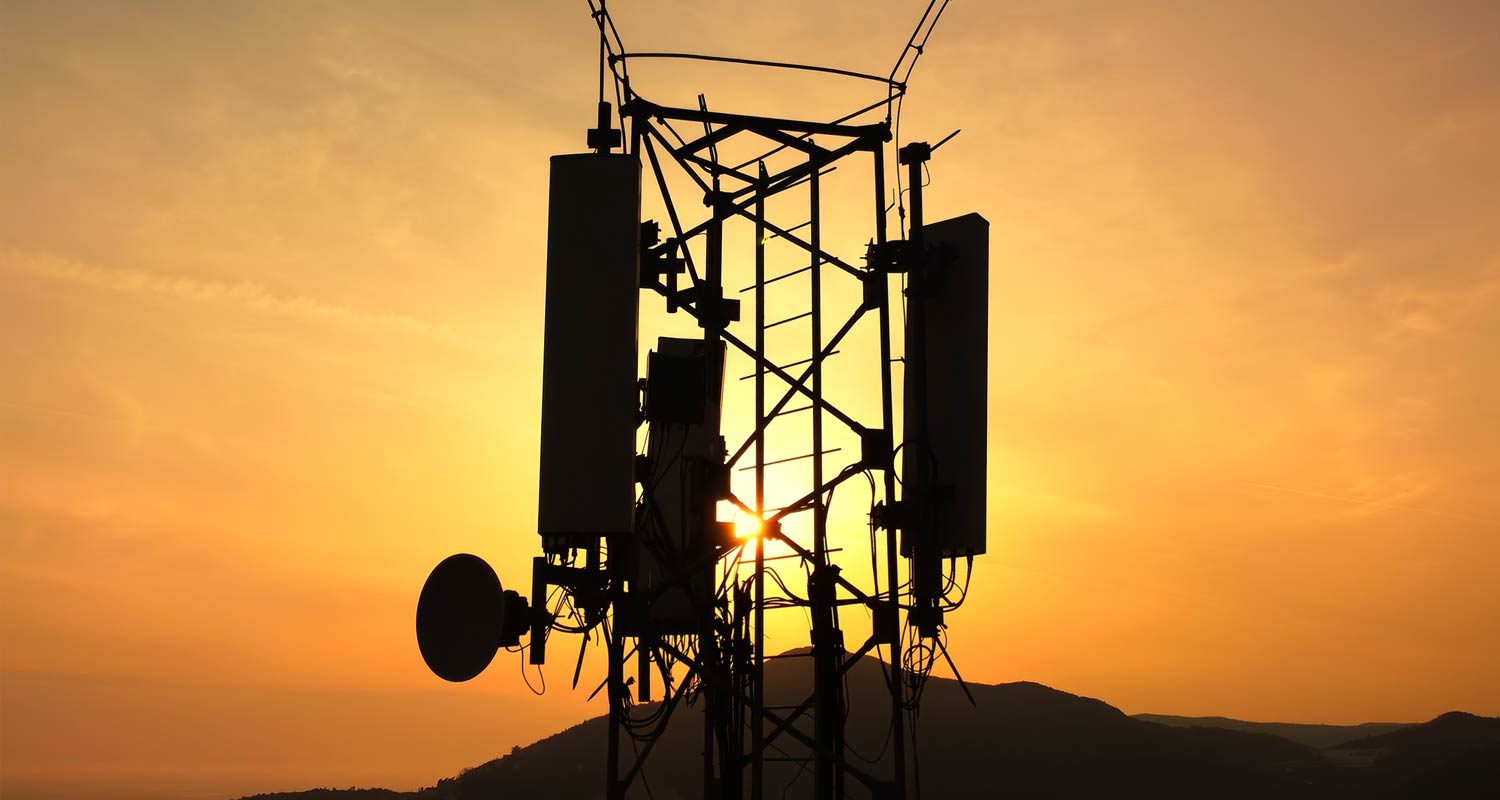
The Association for Comms and Technology (ACT), a lobby group representing six of the largest telecommunications companies in South Africa, has warned against the setting of deadlines for the switch-off of 2G and 3G services in South Africa.
The communications ministry has proposed 31 December 2027 as the headline for mobile operators to switch off these older networks.
Speaking to the TechCentral Show in an interview that will be published on Friday, ACT CEO Nomvuyiso Batyi said the deadline is “unnecessary”, arguing that the industry should be left to determine when the right time is to terminate the 2G and 3G carriers.
“There is no rush to set a deadline, neither is there a requirement in law or otherwise. [Government should] allow the industry to run the process and report to the regulator, Icasa [on their progress],” said Batyi.
“We are saying this should be led by industry because there are a lot of systems in South Africa – machine to machine [systems] – that still rely on 2G networks.”
According to Batyi, 2G and 3G networks cannot (and should not) be completely switched off because of the large number of devices in the market reliant on them to operate.
She said many of state-owned logistics operator Transnet’s systems rely on components that use 2G networks for their communications and it does not make sense for the company to suffer the cost of replacing that infrastructure when it is not broken in any way.
A similar problem exists for the vehicle tracking industry, since some of the tracking devices in circulation also rely on 2G for communication, said Batyi.
Still used extensively
But the consumer handset market will also be heavily affected if a 2G shutdown is forced on operators by the government.
Mobile operators still use 2G extensively in rural areas, where building towers is more expensive and generates less revenue than more densely populated urban areas. The device mix in less-affluent rural communities is also dominated by 2G, and less so, 3G handsets.
Read: 2G and 3G shutdown in SA a big headache for merchants
“There are a lot of people that cannot afford 4G handsets and are still reliant on 2G just from an affordability point of view. We are saying before you go ahead with a deadline, let’s sit down and develop a framework for how the transition will happen,” Batyi said.
“Right now 2G [phones] are the cheapest handsets, you can even get one for R150 – if not less. But the cheapest 4G handset, if it’s not on special, starts at just above R1 000. If you think of our unemployment rate and the people that rely on social grants, there is no way they can afford that,” she said.
 ACT said additional taxes on 4G handsets – they are taxed as a “luxury good” – are keeping the price of these devices high. “They are treated in the same way as when people buy luxury brands. We are saying government should rethink this because they want everyone to be connected,” she said.
ACT said additional taxes on 4G handsets – they are taxed as a “luxury good” – are keeping the price of these devices high. “They are treated in the same way as when people buy luxury brands. We are saying government should rethink this because they want everyone to be connected,” she said.
When the communications ministry gazetted the 2G/3G shutdown deadline in May, a number of preliminary deadlines were included:
- Communications regulator Icasa must stop approving 2G- and 3G-only devices (mainly cellphones) by no later than 30 September this year.
- Network operators, in turn, must stop activating 2G- and 3G- only devices by the end of this year, meaning that from January 2025, no devices that are not capable of at least connecting to a 4G/LTE network may be added to their networks.
- Network operators must then commence with a shutdown of their legacy 2G and 3G infrastructure from 1 June 2025.
- A total shutdown of 2G and 3G networks must be completed by no later than 31 December 2027.
But switching off legacy networks will prove challenging if the devices that run on the networks are still allowed to enter the country.
“We’ve had a conversation with the department of trade, industry & competition to say there should not be any more resale of 2G devices. We also sent Icasa a proposal as to how they must consider removing the 2G type-approval certificate that allows you to bring a 2G handset into the country,” said Bayti.
No role
ACT sees no role for ministerial oversight in the transition away from legacy networks but does think Icasa can play a role in helping the industry manage the process.
“Sometimes we don’t learn lessons. We know from the digital migration that the industry and South African consumers take their own time to get rid of devices. People keep their old TV sets or phones until they break and there is nothing that can be done. We also keep them because we don’t have a lot of disposable income. Its almost as though deadlines are arbitrarily set and no one is looking at the impact of what will happen,” cautioned Batyi. – © 2024 NewsCentral Media